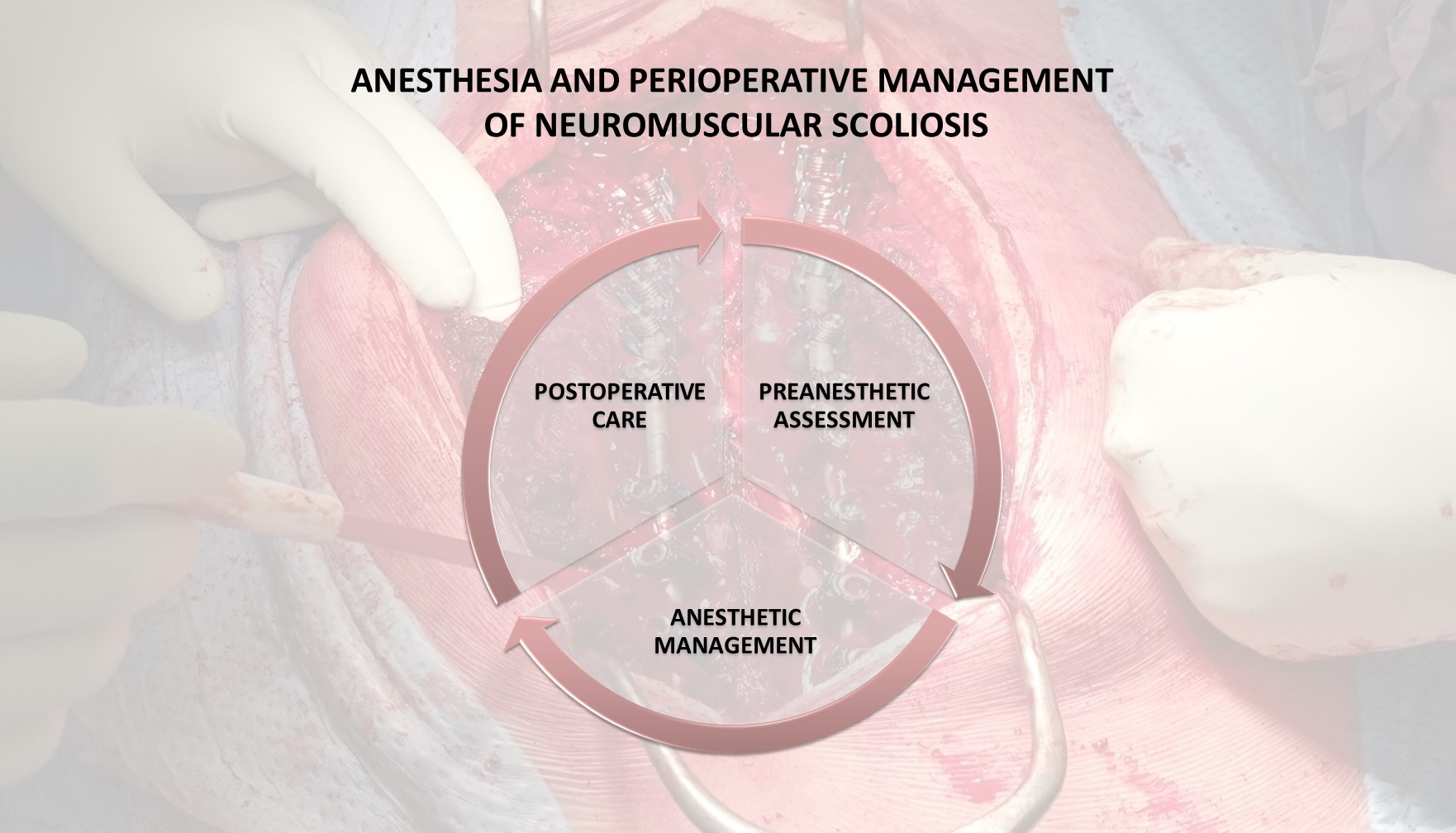Cardio Craze Boost Your Fitness with High-Energy Tips”
Unleash Your Cardio Potential with High-Energy Tips
Get Pumped Up: The Importance of Cardio
Cardiovascular exercise, or cardio for short, is a cornerstone of any fitness routine. It gets your heart rate up, boosts your endurance, and torches calories like nobody’s business. Whether you’re a seasoned athlete or just starting out on your fitness journey, incorporating cardio into your workouts can take your fitness to the next level. But how do you make the most of your cardio sessions and ensure you’re getting the results you want? That’s where these high-energy tips come in.
Tip #1: Mix It Up
One of the keys to success in any fitness regimen is variety. Doing the same cardio workout day in and day out not only gets boring, but it also prevents your body from making progress. To keep things interesting and challenge your muscles in new ways, mix up your cardio routine regularly. Try different activities like running, cycling, swimming, or dancing. Not only will this prevent boredom, but it will also help you avoid hitting a plateau and keep your body guessing.
Tip #2: HIIT It Hard
High-intensity interval training, or HIIT, has become increasingly popular in recent years – and for good reason. HIIT workouts involve short bursts of intense activity followed by brief periods of rest or lower-intensity exercise. Not only does this type of workout torch calories and improve cardiovascular fitness, but it also boosts your metabolism and helps you burn fat long after you’ve finished exercising. Incorporating HIIT into your cardio routine is a surefire way to take your fitness to the next level and see results fast.
Tip #3: Set Goals and Track Progress
Setting specific, measurable goals is essential for staying motivated and making progress in your fitness journey. Whether you want to run a faster mile, increase your endurance, or lose weight, having clear goals gives you something to work towards and helps you stay focused. Once you’ve set your goals, track your progress regularly to see how far you’ve come and identify areas where you can improve. Whether you use a fitness app, a journal, or simply a pen and paper, tracking your workouts and progress is key to staying on track and achieving your goals.
Tip #4: Fuel Your Workouts
Just like a car needs fuel to run, your body needs proper nutrition to perform at its best during cardio workouts. Make sure you’re fueling your body with the right foods before and after exercise to maximize your performance and recovery. Aim to eat a balanced meal or snack containing carbohydrates and protein about 1-2 hours before your workout to provide your muscles with the energy they need to perform. After your workout, refuel with a combination of carbohydrates and protein to replenish glycogen stores and support muscle repair and growth.
Tip #5: Listen to Your Body
Last but certainly not least, listen to your body. Pay attention to how you feel during and after your workouts, and adjust your intensity or







.jpg)






